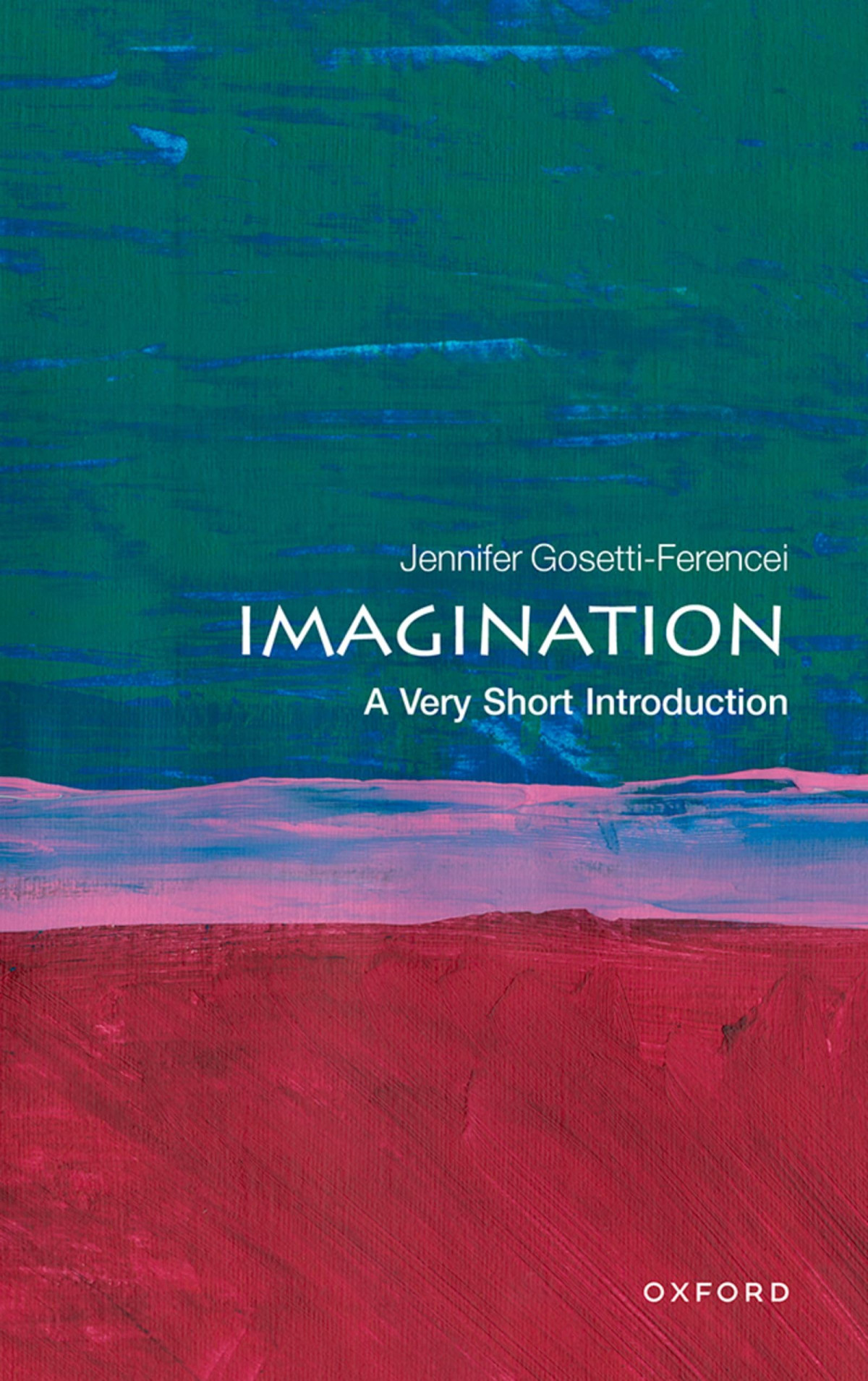

Most ebook files are in PDF format, so you can easily read them using various software such as Foxit Reader or directly on the Google Chrome browser.
Some ebook files are released by publishers in other formats such as .awz, .mobi, .epub, .fb2, etc. You may need to install specific software to read these formats on mobile/PC, such as Calibre.
Please read the tutorial at this link: https://ebookbell.com/faq
We offer FREE conversion to the popular formats you request; however, this may take some time. Therefore, right after payment, please email us, and we will try to provide the service as quickly as possible.
For some exceptional file formats or broken links (if any), please refrain from opening any disputes. Instead, email us first, and we will try to assist within a maximum of 6 hours.
EbookBell Team

4.3
88 reviewsLong regarded by philosophers as an elusive and mysterious capacity of the human mind, imagination has been the subject of extraordinary ambivalence, described as both dangerous and divine, as merely peripheral to rationality and as essential to all thinking. Drawing on philosophy, aesthetics, literary and cognitive theory as well as the human sciences, this book engages the dramatic conceptual history of imagination together with contemporary explanations of its role in cognition to explain its importance in everyday life as well as the exquisite creativity of the arts, scientific discovery, and invention.
Engaging examples from cave paintings to modern painting, performance art to pop art, physics to phenomenology, technological inventions to literary worlds, the Nazca geoglyphs to dramatic theatre, poetry, and jazz improvisation, the author illuminates with clarity and vision the philosophy of imagination and the stakes of its involvement in human thinking.